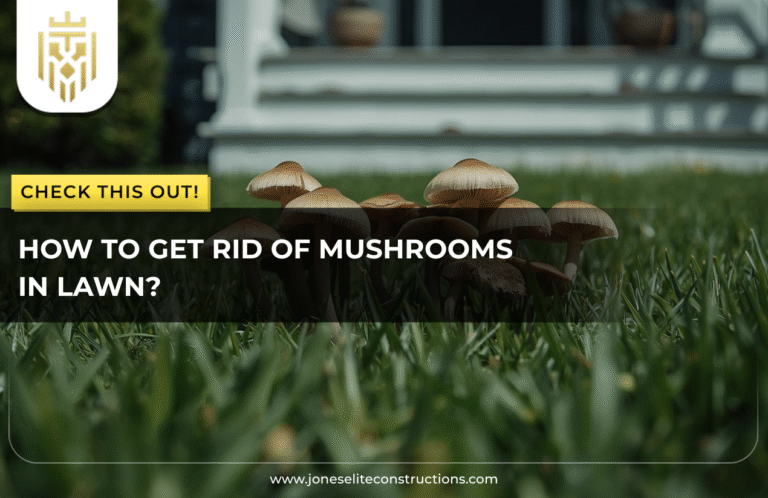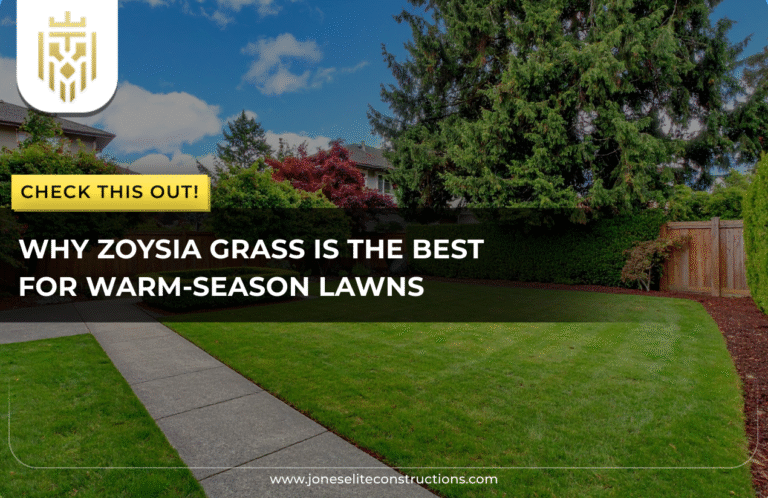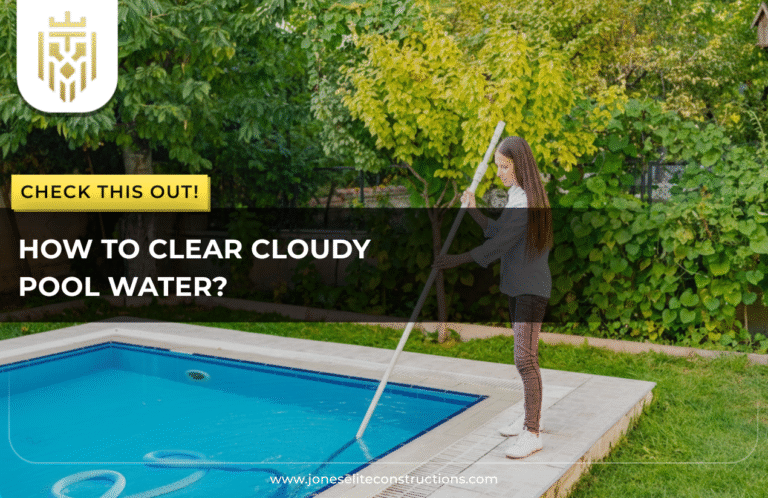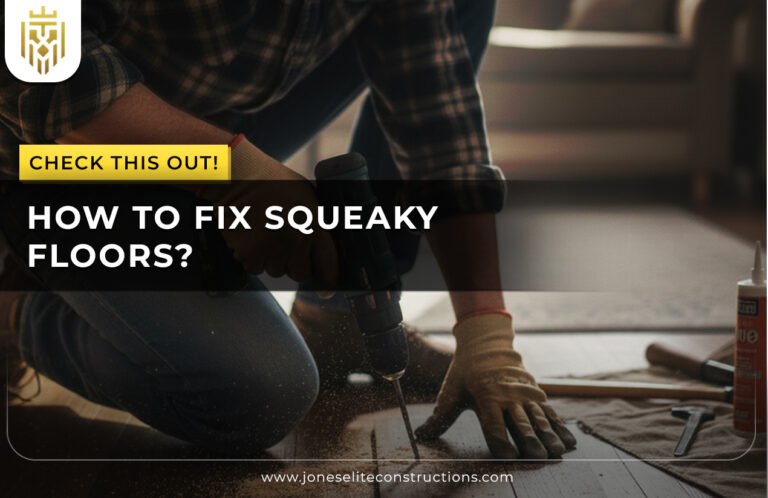Wondering what is resilient flooring? Well, it is a polymer-based, non-textile surface that is designed for flexibility, comfort, and durability. Resilient flooring lies in between soft and hard flooring materials. It is mostly used in health care and educational settings. Hybrid resilient flooring brings together various characteristics in order to maximize performance and is thus suitable for both home and commercial applications. True resilience defines all flooring types.
Types of Resilient Flooring
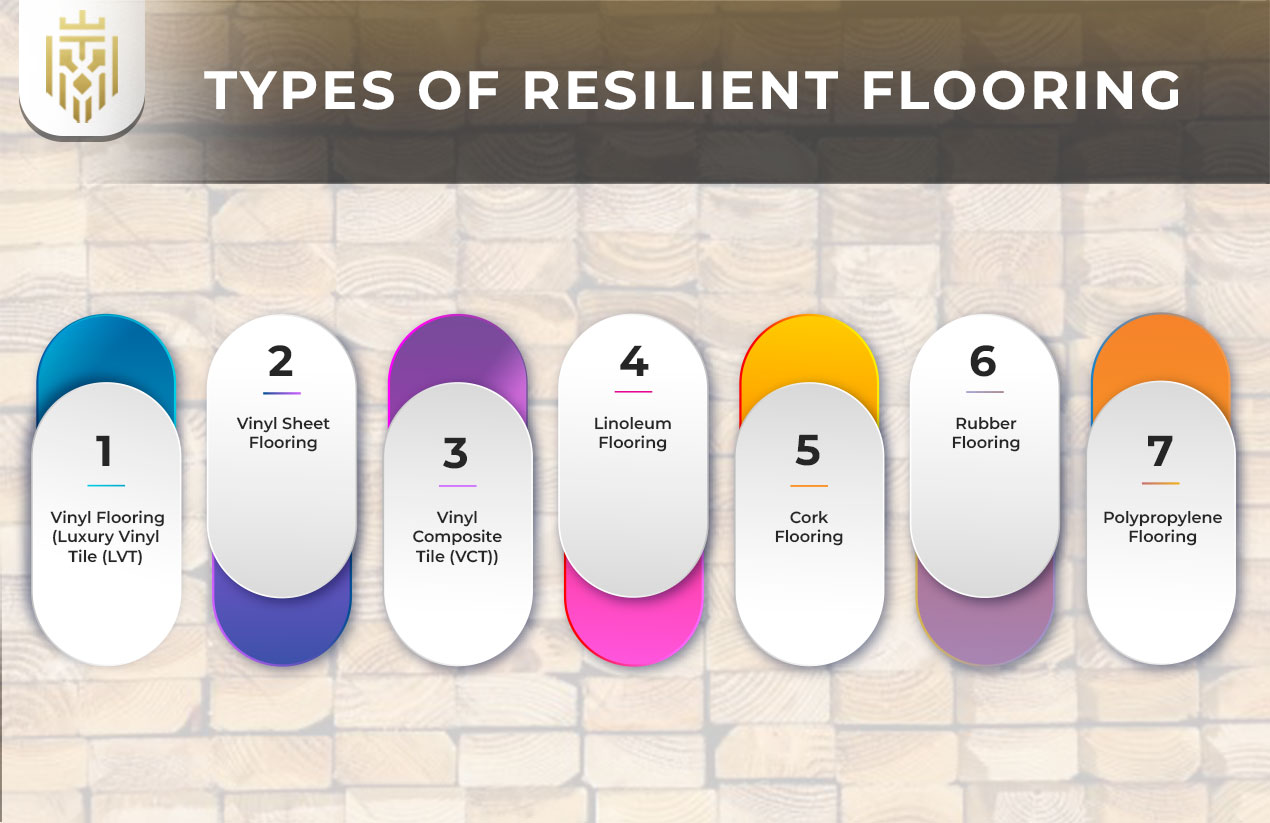
Resilient flooring types generally include vinyl flooring (further categorised into LVT, VCT, sheet vinyl), linoleum, cork, rubber, and polypropylene. Each material has its unique pros and would satisfy functional requirements such as moisture resistance, durability, and sustainability, as well as aesthetic considerations.
1) Vinyl Flooring
Vinyl flooring is a popular resilient flooring type. Made from synthetic materials, chiefly PVC degradation-resistant synthetic compound, it is comfortable and durable. Thus, able to withstand traffic for many applications indoors. Very versatile, it is an inexpensive yet designer delight for homes and commercial settings.
-
Luxury Vinyl Tile (LVT)
Luxury Vinyl Tile (LVT) is a hybrid resilient flooring option that mimics wood or stone laminate and does all the toughness. With a wide array of shapes and sizes, LVT was perfect for residential and commercial applications. Its scratch-resistant, water-resistant character, and performance under heavy traffic make it a practical and elegant flooring choice.
-
Vinyl Sheet Flooring
Vinyl sheets constitute a seamless water-resistant kind of resilient flooring, the best choice for moisture-prone areas like kitchens and bathrooms. Being flexible, it provides continuous coverage, ensuring maintenance ease and durability. Its size, cut to fit, adds to the practicality of the flooring for homes and businesses alike.
-
Vinyl Composite Tile (VCT)
Vinyl Composite Tile (VCT) is an economical resilient flooring type, wherein the blend contains vinyl with limestone and other materials. The flooring is in high demand for its stands against heavy use, easy maintenance, and stylishness while allowing for low vinyl contents. This inexpensive flooring can be used in both commercial and residential spaces.
-
Linoleum Flooring
Linoleum is a natural resilient flooring type made of linseed oil, wood flour, and pine resin. It is biodegradable, flexible, and can be produced in a range of styles, making it an ecologically sound choice. The floor is durable yet eco-conscious and thus preferred by many environmentally friendly homeowners.
2) Cork Flooring
Cork floor is a hybrid resilient flooring made of cork oak tree bark, with features like being water-resistant, fire-resistant and sustainable. It gives a natural cushioning underfoot, therefore, making it a pleasurable flooring material. Its renewable nature makes it an environmentally-sustainable option for homes and offices.
3) Rubber Flooring
Rubber flooring is an extraordinarily resilient flooring type that is resistant to slip, bacteria, and wear. It has good pressure-settling characteristics and, therefore, provides comfort on impact in high-traffic areas. It is normally employed in gymnasiums, playgrounds, and commercial establishments.
4) Polypropylene Flooring
Polypropylene flooring is a very durable resilient flooring type made from plastic and is resistant to stain, moisture, and heavy foot traffic. Its interlocking tile design allows for easy replacement, which is practical. This flooring material sees its place in numerous uses in commercial and industrial sectors.
Benefits of Resilient Flooring
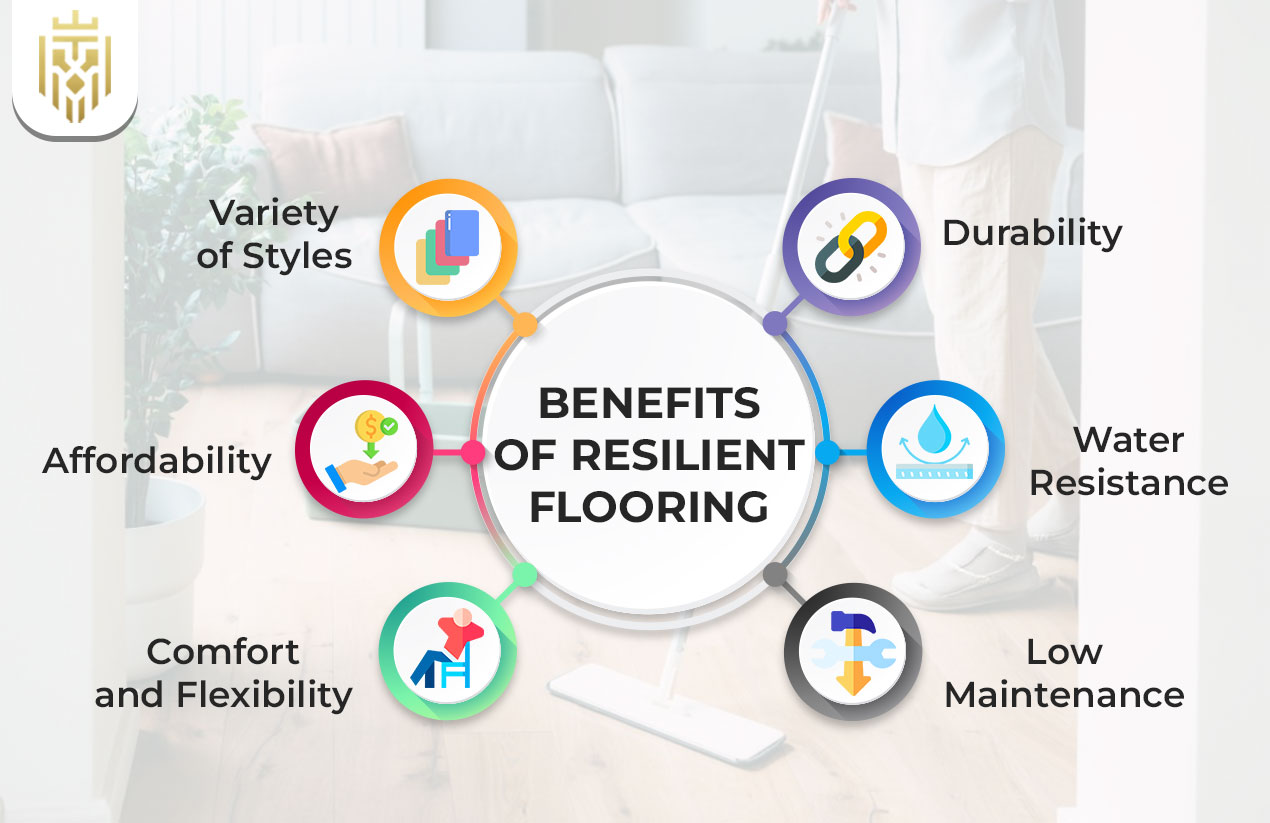
Being durable, water-resistant, low maintenance, and very comfortable underfoot, the variety of looks makes it economical and suitable for busy traffic areas. Since these floors have great flexibility, they do not promote fatigue, making them physically an attractive option for residential and commercial spaces alike.
-
Durability
Resilient flooring types need durable surfaces, are water-resistant and easy to clean, thus well suited to withstand high traffic. Comfort underfoot ensures some flexibility in maintaining long-term durability. It does the job of utterly reliable flooring-more so with respect to cleanliness and appearance preservation.
-
Water Resistance
Water-resistant resilient flooring types are easy to clean, long-lasting, and increase resale value. Their water-resistant features make them suited for use in kitchens, bathrooms, and commercial life. These hybrid resilient floorings give extra protection against spills and humidity.
-
Low Maintenance
Resilient flooring is easy to clean, just a sweep here and there and mop occasionally. The low-maintenance standing of this flooring material is an asset when it comes to busy areas. It will save maintenance time and effort when compared to hardwood and stone flooring.
-
Comfort and Flexibility
Hybrid resilient flooring types have slight elasticity, which minimises fatigue and stress on joints. The cushioned surface contributes greatly to comfort for workplaces and homes. Backing-up ergonomic characteristics for prolonged periods come with durability for this flooring material.
-
Affordability
Resilient flooring types are economical compared to hardwood or stone, making budget constraints a nonissue. Their affordability combined with durability gives value for money. Hybrid resilient flooring offers economical yet chic solutions for the residential theme and commercials alike.
-
Variety of Styles
Styles are varied for resilient flooring, allowing decorating efforts for varied aesthetics. Whether a modern aesthetic with flair, a traditional or rustic aesthetic, this flooring material will go with any interior. Hybrid options wisely combine the best of both worlds: durability and decorative appeal.
FAQs
1) What Is Resilient Flooring?
Resilient flooring is a polymer-based, non-textile surface that is designed for flexibility, comfort, and durability. Resilient flooring lies in between soft and hard flooring materials. It is mostly used in health care and educational settings.
2) Which resilient flooring is the most durable?
Luxury Vinyl Tile (LVT) is the most durable resilient flooring option available today; because of its layers that defeat wear and tear, it is water-resistant and withstands heavy foot traffic. It mimics natural materials and outlasts them in utility, thus being the best for residential and commercial use.
3) What are the advantages of resilient flooring?
Being durable, water-resistant, low maintenance, and very comfortable underfoot, the variety of looks makes it economical and suitable for busy traffic areas. Since these floors have great flexibility, they do not promote fatigue, making them physically an attractive option for residential and commercial spaces alike.
4) What are the different types of resilient flooring?
Resilient flooring types generally include vinyl flooring (further categorised into LVT, VCT, sheet vinyl), linoleum, cork, rubber, and polypropylene. Each material has its unique pros and would satisfy functional requirements such as moisture resistance, durability, and sustainability, as well as aesthetic considerations.


